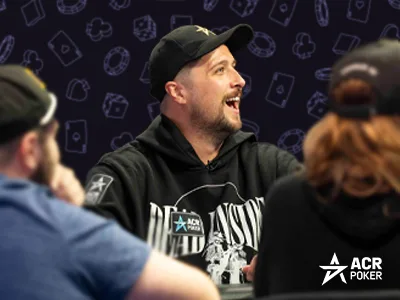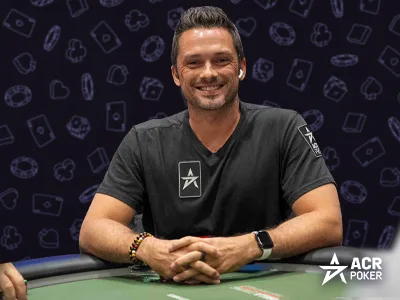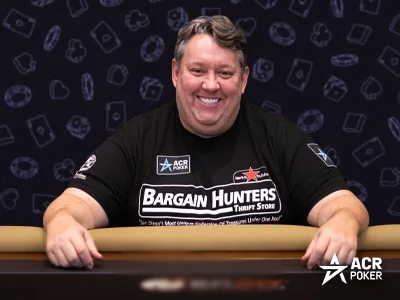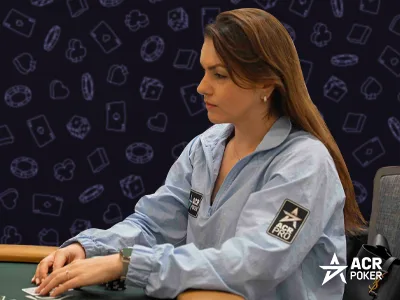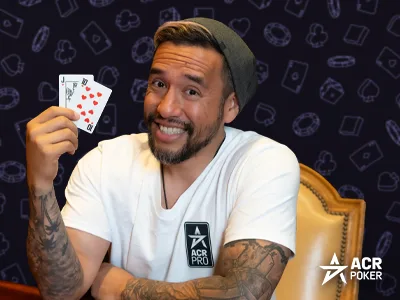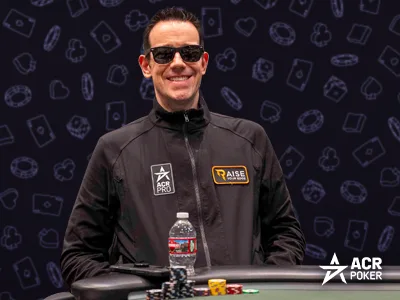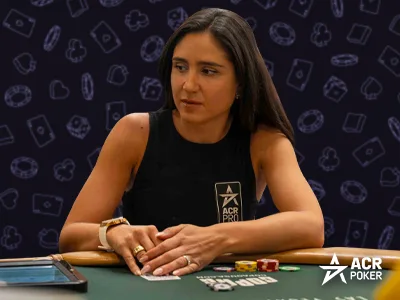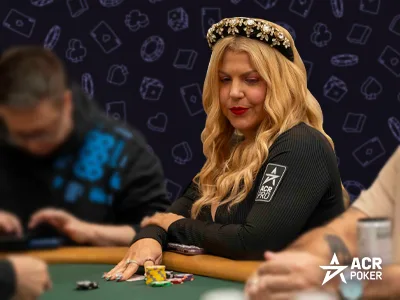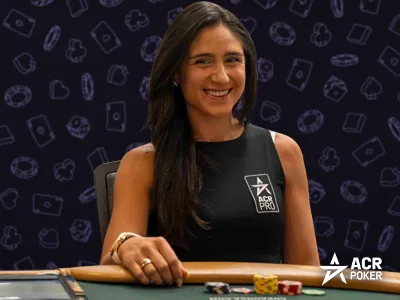A well-built limp and isolation strategy creates flexibility and unpredictability Heads-up Texas Hold’em creates a very different environment compared to full-ring or six-max games. With only two players involved, the blinds come around quickly and hand values shift dramatically. Players must widen their ranges and adapt to constant pressure. One important element of this adjustment
Category: Heads-Up
Utilizing C-Bets in Texas Hold’em Heads-Up Play
Strong heads-up players treat continuation betting as a flexible weapon, not an automatic habit Heads-up Texas Hold’em is a different game from full-ring poker. Ranges widen, aggression increases, and small edges matter more. Continuation betting becomes one of the most important tools in this format. In heads-up play, you raise frequently from the button. That
Identifying and Exploiting Opponents’ Weaknesses in Heads-up Poker
Exploiting weaknesses is about consistent adjustments based on evidence Heads-up poker is a different animal compared to full-ring or six-max games. With only two players battling, every decision carries more weight. Success often comes down to recognizing your opponent’s tendencies quickly and adjusting before they adjust to you. The first step is observation. Pay attention
Evolving Your Heads-up Strategy: Adapting Over Time
Strong heads-up players aren’t defined by one strategy; they win by evolving faster than the competition Heads-up poker is a moving target. What works early against an opponent may quickly lose value once patterns are noticed. Success comes from treating the match as a conversation, not a script, and adjusting as new information shows up.
Playing Small Pocket Pairs in Heads-Up Situations
Small pocket pairs thrive in heads-up play when used flexibly Playing small pocket pairs in heads-up situations requires a different mindset than full-ring or multiway pots. With only two players involved, hand values increase, and pairs like deuces through sixes gain more strategic importance. Understanding how ranges widen is the starting point. Preflop, small pocket
The Role of Positional Awareness in Heads-up Strategy
In heads-up formats, every decision is magnified, and position influences nearly all of them Positional awareness is one of the most important concepts in heads-up play, where every hand is contested and small edges matter more. With only two players, the button acts first before the flop and last on every postflop street, creating a
Bluffing Effectively in Heads-Up: When and How to Do It
Bluffing heads-up means choosing the right moments and using pressure as a calculated tool Bluffing plays a very different role in heads-up poker than it does at a full table. With only two players involved, ranges are wider, hands are weaker on average, and aggression increases naturally. This creates more chances to bluff, but also
Reading Your Opponent: Tells and Behavioral Patterns in Heads-up Play
By staying focused and adjusting based on what you see, you turn small behavioral clues into real edges Heads-up poker strips the game down to its core. With only two players involved, every move carries more weight, and small details become easier to spot. Reading your opponent is no longer a bonus skill, but a
Navigating Pre-Flop All-Ins in Short Deck Hold’em
Pre-flop all-ins are powerful tools, not automatic solutions Short Deck Hold’em creates pre-flop situations that feel extreme compared to traditional poker. With a reduced deck and higher hand values, all-ins happen more often and with thinner margins. Understanding when to commit before the flop is essential for long-term success. Hand strength shifts dramatically in Short
Adjusting Your Heads-up Strategy Based on Opponent Types
Adjusting Your Heads-up Strategy Based on Opponent Types Heads-up poker strips the game down to its core, forcing constant decisions and frequent confrontations. With only two players, adapting to your opponent becomes more important than following any fixed strategy. Success often depends on recognizing patterns and making timely adjustments. Against tight opponents, patience and pressure
Creating a Balanced Ranging Strategy for Heads-up Play
Balanced ranging is about staying unpredictable without becoming random Creating a balanced ranging strategy for heads-up play starts with understanding how wide both players must operate. With only two players, blinds come around fast, forcing frequent decisions. This naturally expands opening ranges and increases the number of marginal spots you must navigate with care.
Self-Review Techniques for Improvement When Heads-up
Small improvements compound quickly in heads-up formats, where adjustments are rewarded more often Playing heads-up leaves no place to hide, which makes self-review one of the fastest ways to improve. Every decision carries weight, and small leaks show up quickly. Reviewing your play after each session helps turn tough losses and narrow wins into long-term
